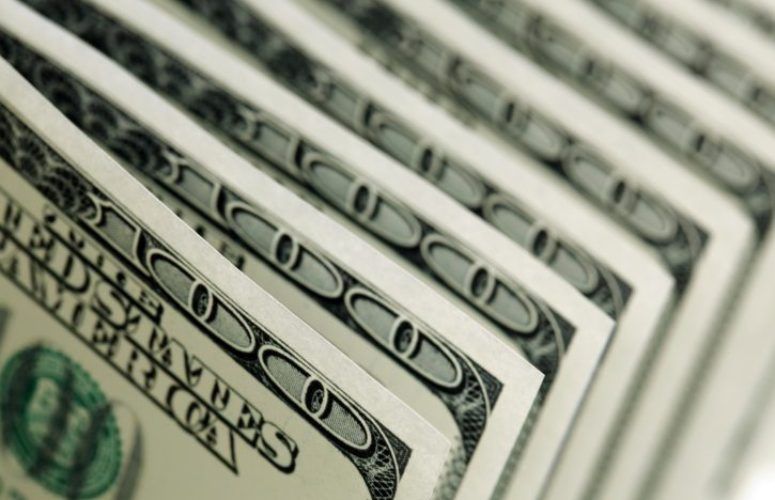
Monmouth University Named New Jersey Sustainable Business
On Jul 29, 2019West Long Branch-based Monmouth University has been recognized as a New Jersey Sustainable Business, joining small businesses across the state on the New Jersey Sustainable Business Registry. The University achieved this recognition through pursuing green initiatives on campus, such as the development of the Sustainability Advisory Council (SAC), environmentally friendly purchasing, waste reduction, reuse, recycling, energy efficiency, and air quality improvements, among other accomplishments.
Launched by the New Jersey Small Business Development Centers (NJSBDC) in collaboration with the New Jersey Department of Environmental Protection (NJDEP) and several other business and non-profit partners including the New Jersey Business & Industry Association, the registry was created to recognize and promote sustainable businesses across the state. Businesses that have implemented at least five sustainable practices are eligible to receive recognition.
The first private institution of higher education in New Jersey to enter into a voluntary Memorandum of Understanding (MOU) with the U.S. Environmental Protection Agency (EPA), the University has demonstrated its commitment as an environmental steward and pledged to reduce its carbon footprint.
“We are committed to pursuing green initiatives on campus, and all members of our campus community are active participants in this mission,” said Vice President for Administrative Services Patricia Swannack. “In a collaborative effort, we are constantly developing new ideas and programs to make the University more efficient and less wasteful. All across campus, you will see that we do the little things that make a big difference, from recycling, to conserving water, to shutting off equipment and lights when not in use.”
By the numbers: A commitment to sustainability
- As of December 2018, the University’s original solar installation has generated electricity that has reduced emissions of carbon dioxide by over 4,270 tons, which is equivalent to planting 880 acres of trees, removing 752 cars from the roads for a year, or not driving a total of 8,920,632 miles.
- The University’s utility costs have either decreased or remained stable continuously since 2007, while having added a total of 433,984 square feet, as a direct result of energy efficient purchases, lighting retrofits, and energy saving practices and policies.
- The waste diversion rate—the amount of waste that is diverted from landfills for recycling—increased from approximately 10% in 2009 to 58% in 2018 (not including construction/demolition recycling and electronic recycling).
- The installation of hydration stations to fill reusable containers with filtered water in high traffic areas has helped to divert more than 921,408 disposable plastic bottles from a landfill since 2014.
Monmouth University has been recognized as a NJDEP Environmental Steward since 2008 and was awarded the New Jersey Governor’s Environmental Excellence Award in the clean air category in 2014 as well as the New Jersey Governor’s Environmental Excellence Award in the environmental leadership category in 2012.
Named a Princeton Review Green College most recently in 2017, Monmouth University was recognized as the EPA’s largest green power user in the Metro Atlantic Athletic Conference for 2016-2017, named a member of the EPA’s 2016 Green Power Club, earned a Merit Award from the Monmouth County Planning Board for its 2007 solar panel installation project, and was named the New Jersey Clean Energy School of the Year by the New Jersey Board of Public Utilities in 2006.
To access more business news, visit NJB News Now.
Related Articles:





